Why a child deserves pocket money

Keytrade Bank
keytradebank.be
October 18, 2024
(updated February 12, 2026)
3 minutes to read
Money mistakes? It's better to waste a few euros in your childhood than large amounts as an adult. Pocket money teaches kids about the value of money.
1. Is giving pocket money a good idea?
Pocket money is definitely a good idea. It is a tool that teaches children how to manage money. However, simply slipping a few notes and coins to your child from time to time is not the right way to go about it. The importance of pocket money is intrinsically linked to the agreements you make about it with your children.
2. How do you make 'good agreements'?
- Always give the same amount at a set time.
- Clearly state what the pocket money is for: what do you expect your child to pay for themselves?
- You could draw up and sign a pocket money contract together and hang it somewhere. This will prevent any disagreements from happening later on.
- Remember that pocket money is not a wage and should not be taken away as punishment.
- Agree on the period the pocket money covers together and do not deviate from this.
Talk about the consequences in advance if the money runs out. If something goes wrong, responding to your child’s frustrations the right way is not easy. However, by setting out a clear agreement with your child at a young age ("Can't afford that festival ticket? That's on you..."), you may just help them avoid major problems later on in life that you can no longer solve as a parent.
3. What if your child wants to spend their pocket money on sweets or junk?
You don't always have to agree with them on their purchases. Feel free to let them make their own decisions for a while. They will learn the most from making their own mistakes and – perhaps more importantly – from talking about them. This is why it’s a good idea to set clear boundaries within which your child can experiment. A well-meaning lecture often has less of an effect than the experiences they have themselves. No matter how many "mistakes" your child makes, if you react consistently, the penny will hopefully drop sooner or later.
4. Will pocket money help your child make "good decisions" later as an adult?
Although pocket money is a very useful tool, it is not a watertight guarantee that will protect your children from financial mishaps later on. Pocket money is not a magic wand; it is just one part of their broader financial education. Giving pocket money can help children prepare for the financial responsibilities they will bear as adults. Various studies show that children who learn to save, budget and prioritise their own money are more likely to be financially aware as adults. As a parent or guardian, it is important to guide this process and actively teach children financial skills. This lays a solid foundation for financial decision-making and independence at a later age. How children manage money later on is clearly linked to how their parents manage their money themselves and the extent to which they talk to their children about money.
5. Is not giving any pocket money "wrong"?
There is no clear-cut answer to that question. If you don't give any pocket money, children won't be able to learn how to make their own mistakes and gain experience. Spending all your pocket money on sweets only to realise there is nothing left to buy that teddy bear you have wanted for so long is a valuable lesson for a 7-year-old. It is better to have those experiences as a child than as an adult. On the other hand, not everyone has the resources to give pocket money. Fortunately, there are other ways to make children aware of the value of money. Asking your child to go to the supermarket with a shopping list and your wallet can also be very educational. Alternatively, you can involve your child in a major purchase by comparing prices. Getting a holiday job or earning a little extra doing chores are also great ideas.
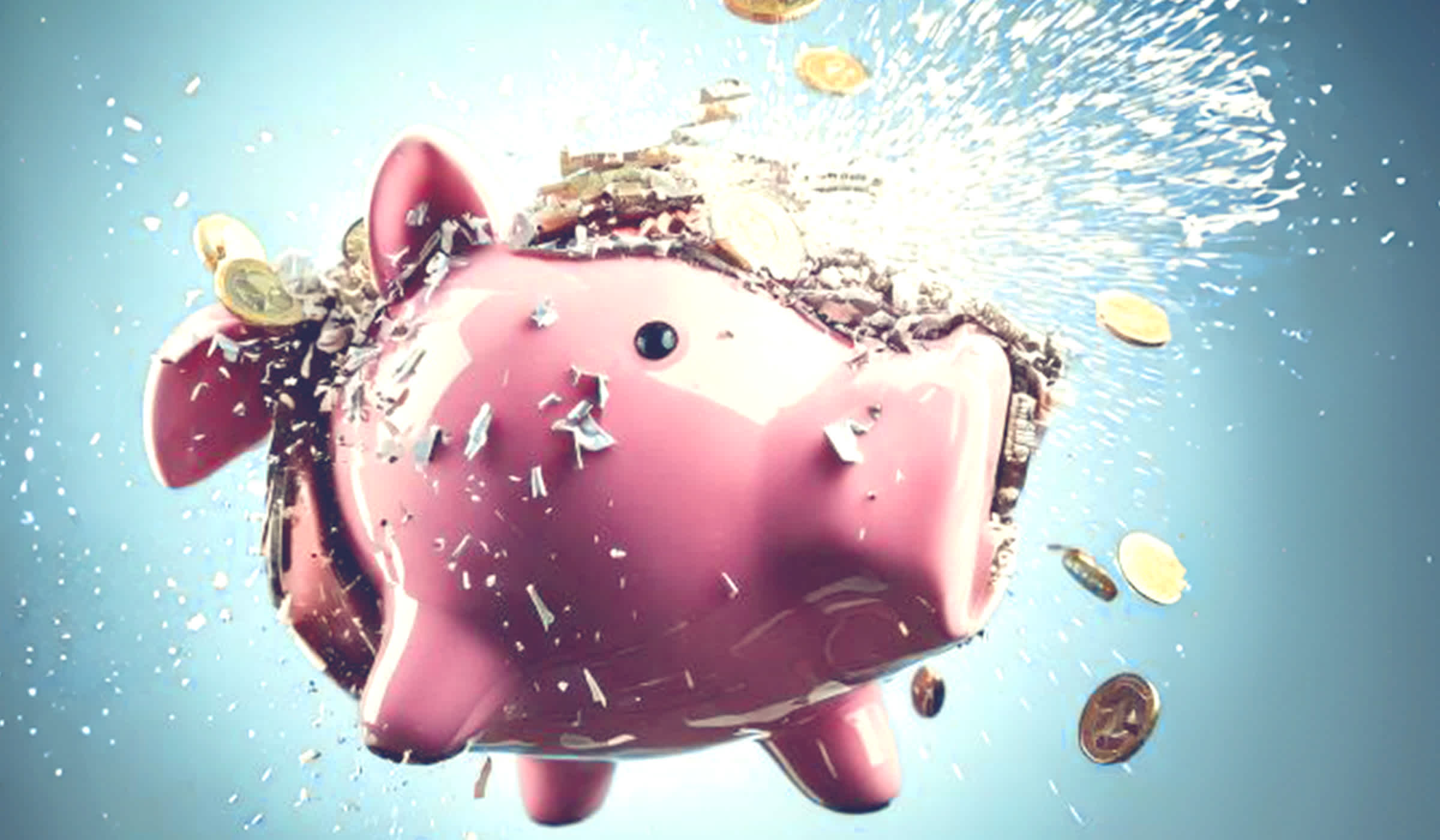
6. When exactly should you start?
It is best not to start giving your child pocket money until they can do sums and they understand the value of money. A 3-year-old will consider a coin as a toy. But a 6-year-old can usually make some calculations already, recognise the notes and coins, and appreciate money as a medium of exchange. This is why many parents start giving pocket money around that age. In the beginning, children will probably want to spend the pocket money right away. As they get older, their interest in money will grow and their sense of time will improve. They will understand that they can buy something more valuable later on if they put some money aside now.
7. How much should you give?
It is best to start with small amounts and increase them with age. A helpful rule is that with more pocket money comes more responsibilities for your child. The amount depends on what your child is expected to buy with it: just toys, or their bus pass, clothes, sports club membership and school lunch as well? The amount also depends on what you think is reasonable, what suits your budget and how mature your child is.
You can then increase the amount and make the appropriate arrangements every year or every two years. Between the ages of 6 and 10, a few euros a week is a good guideline to learn the basic principles of saving. Between the ages of 11 and 14, you can gradually move towards 5 to 10 euros, depending on their interests, activities and responsibilities. A sum of 10 to 25 euros is customary between the ages of 15 and 18. From that age, young people may want to start paying for their own phone bills, clothes or leisure activities, for example. This gradually gives them more autonomy and teaches them to manage larger sums. Do I choose branded clothes or "regular" clothes? Do I buy a new pencil case because my old one is no longer trendy or because it is actually worn out? Do I cycle to my Scouts meeting or take the bus? You can gradually make your child partly responsible for their financial choices.
8. Should pocket money also be used to build savings?
Pocket money can be an excellent way to teach children how to save. When (older) children put aside some of their pocket money, they learn about the value of money and the importance of patience when building financial reserves. As they get older and the concept of returns becomes more important, it may be a good idea to consider investing. This allows your child to see their money grow and to learn about how investments and the stock market work. This can start with a simple, accessible investment plan.
9. What's best: electronic pocket money or cash?
The answer depends on what you want your child to learn. Cash helps make the value of money tangible for young children: they literally see their money dwindle after a purchase. Handling notes and coins, using them to pay and receiving change are all experiences that contribute to their understanding of money. As your child grows older, electronic pocket money is a logical next step. Young people are growing up in a world where digital payments are the norm. Having pocket money in their youth account teaches your child how to use a bank account and bank card, how to bank online and how to pay with an app. This can prepare them for the reality of electronic payments, something they will do every day as adults.
10. Should I also give pocket money as a reward for chores?
Although some parents give their children pocket money for completing chores, linking the two may send a confusing message. The idea that children only get money when they do something may make them feel that they should be rewarded for everything. And some chores children should simply get on with as a part of family life, without any type of reward: setting the table, washing up or tidying their room spring to mind.
However, it may make sense to reward them for additional, larger tasks that fall outside their daily 'responsibilities'. This will teach them that sometimes it takes a little more effort to get something extra. It is therefore a matter of striking the right balance and making a clear distinction between regular household tasks and exceptional tasks for which compensation is justified. In that case, it is better to call it 'money for odd jobs' rather than 'pocket money'.
11. When can you start investing for your child?
Starting at a young age is the best possible time. The earlier you start, the more time the money has to grow. A simple way to get started is with a periodic payment plan, where you make fixed payments every month or quarter in, say, funds. This way, you spread your money across different shares, bonds or other assets, thereby also spreading the risk.
If you want to involve your children in investing, you can explain the concept in simple terms. You can, for example, compare it to planting a tree: the earlier you start, the more time the tree has to grow. You can also see investment as the 'growth' of money over time. By following up the plan together, your children can learn about market volatility, returns and patience. They will realise that investing is not a get-rich-quick solution, but rather a long-term strategy that requires dedication and discipline.
Want to get started?
> Open a free current and savings account
> Invest an amount from 25 euros per year for your child
Other articles that might interest you

ChatGPT as financial adviser: reliable or not?
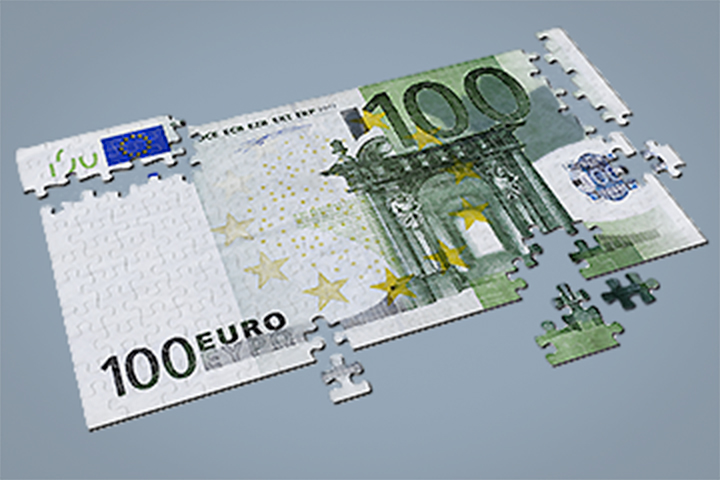
14 surprising savings ideas

What is interest and what does it have to do with your savings account?
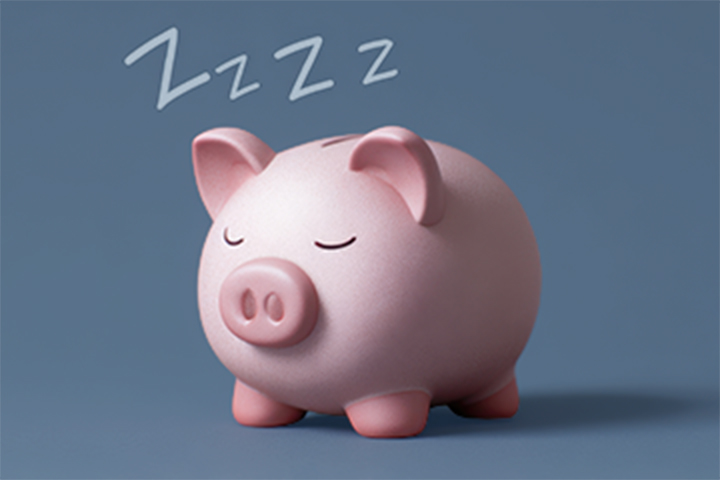
How much money do you have – without knowing it?
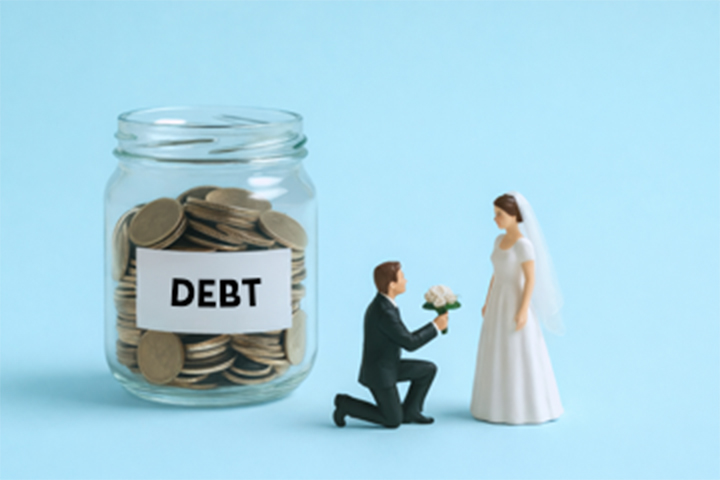
Planning to live together or get married? What this means if your partner is in debt...
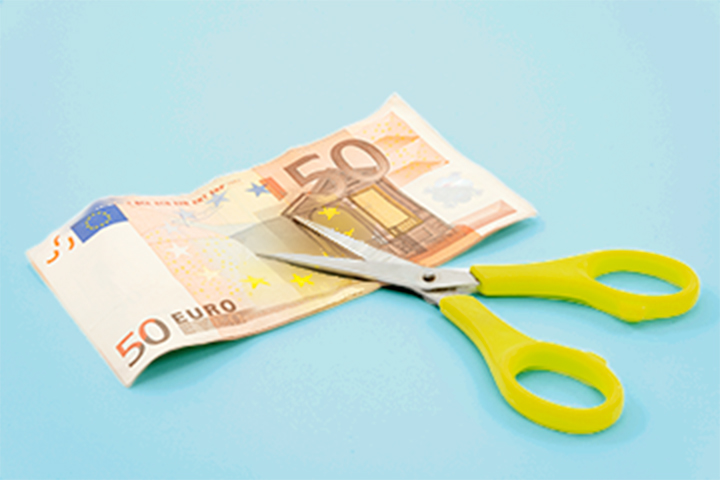
Capital gains tax: how will it affect your portfolio?
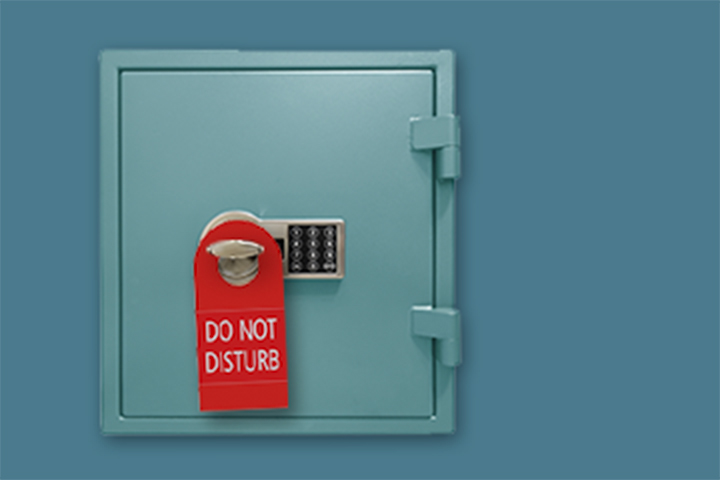
Do you have a dormant account? This is how you can check!
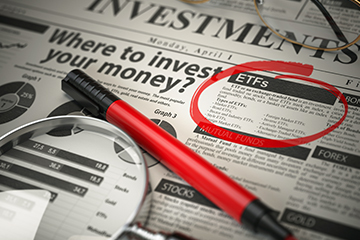
What is a tracker and how do you choose the right one?
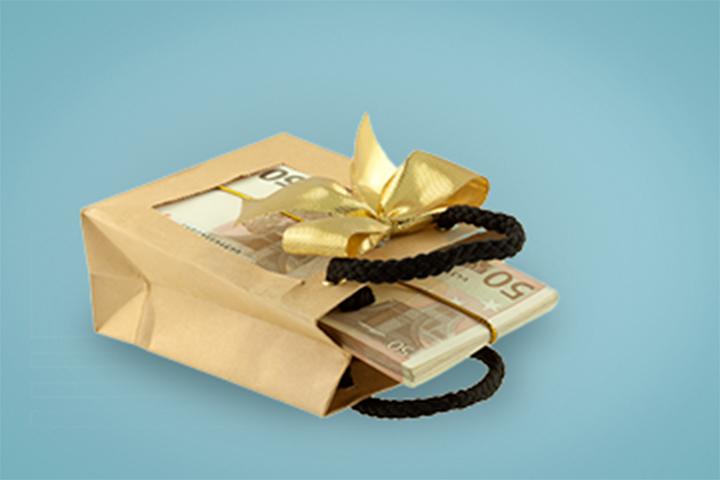
Gifting money: register or take the risk?

Think twice before entrusting your will to ChatGPT
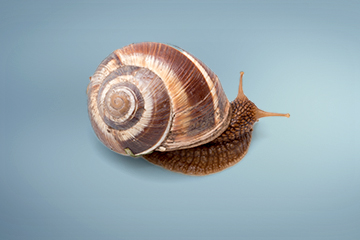
Why you can take out a home loan too as a single person

How high students’ earnings may, and more importantly, may not be

Helping your (grand)children to buy a home: what are the options?
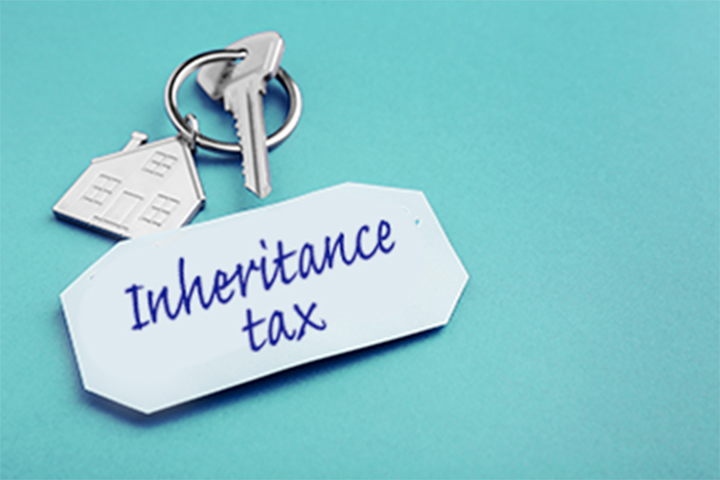
What if you are unable to pay the inheritance tax?

10 tips for the novice property investor

Planning renovations? Which renovation grants are you (still) entitled to?
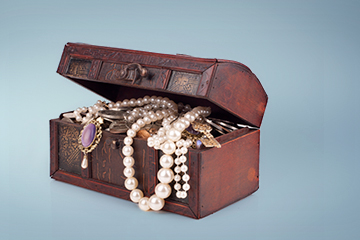
No children yet, but planning to have some? Here's how you can settle your inheritance
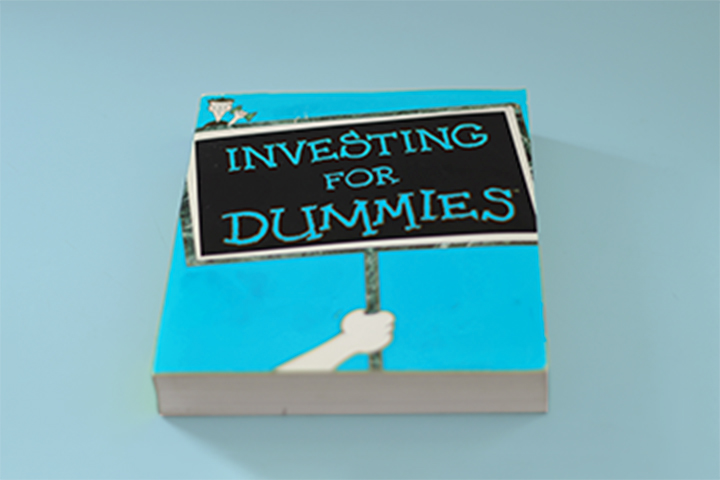
A beginner's guide to buying shares in five steps

Your family member dies: how to manage their banking
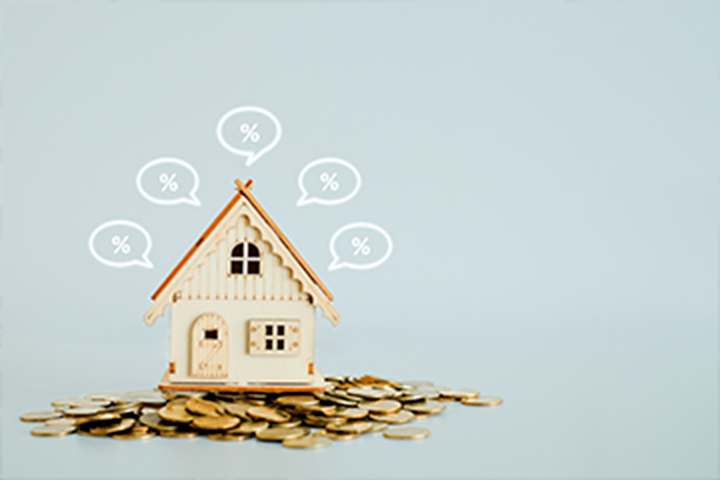
What costs are involved in buying a home?

Are European bank stocks experiencing a renaissance?
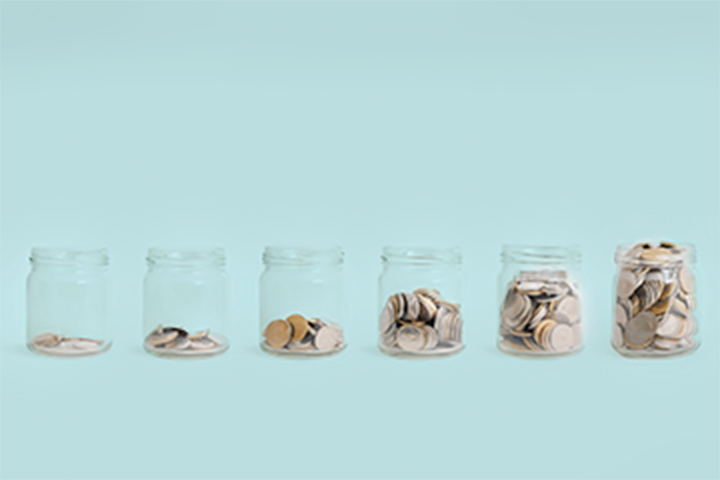
Investing when money is tight: being ambitious pays off!

12 questions and answers about a lasting power of attorney
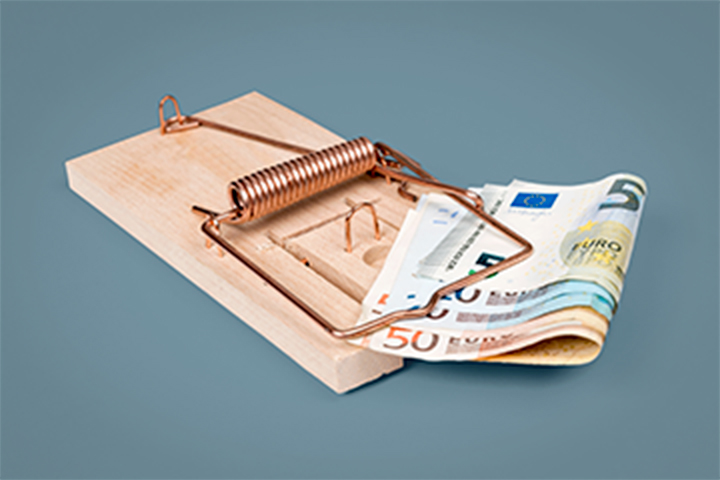
What you need to know before you start dividend investing
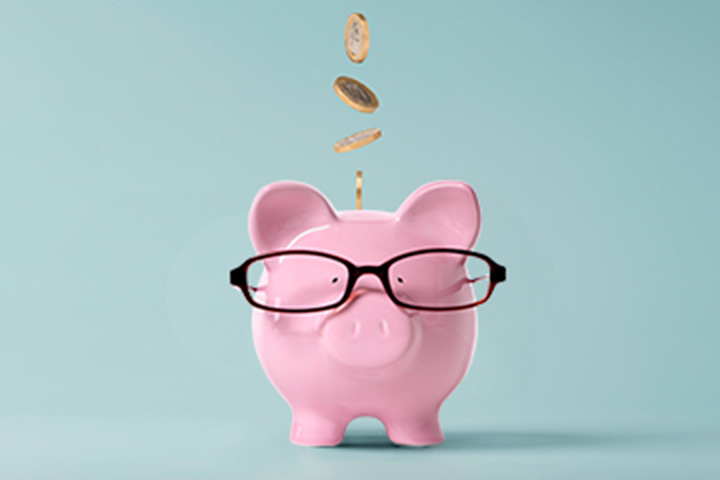
What monthly pension savings for a maximum return?

What would the retired version of you say to yourself?
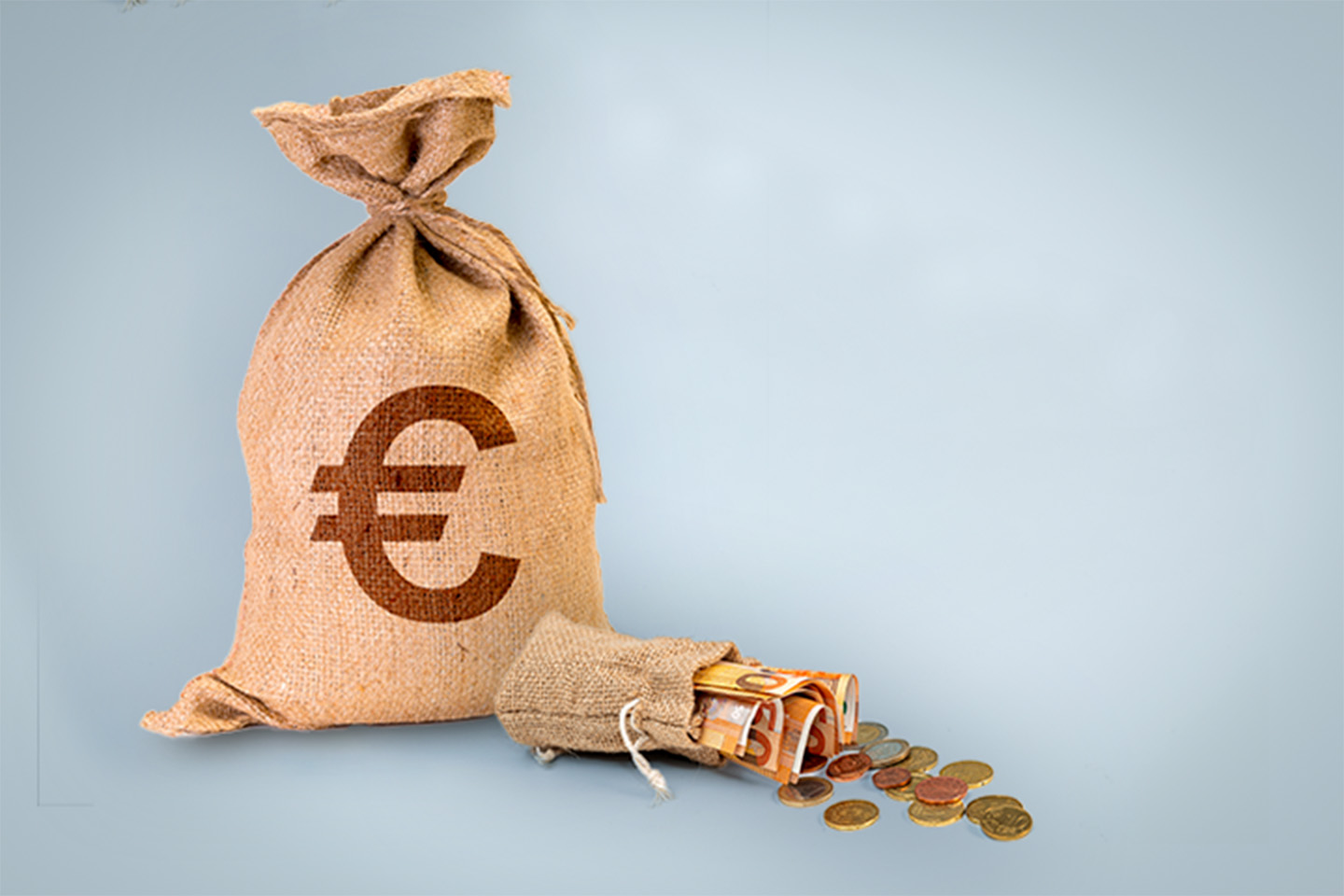
Lump-sum investing vs cost averaging: which offers the highest return?
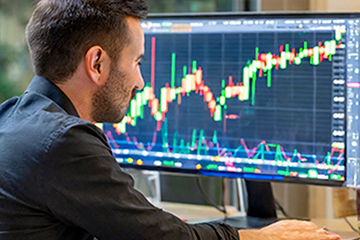
What type of investor are you? Take the quiz
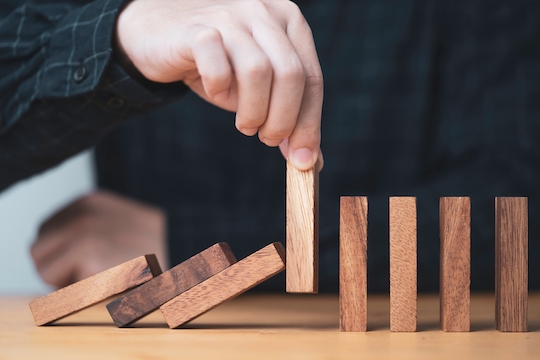
Did you just purchase shares? Why you should immediately set a stop-loss

How can you teach your child to save? 12 tips

5 mistakes investors make in volatile markets

Government bonds, savings accounts, or term accounts: which should you choose?

Checklist: travel without any money worries

Take a moment to read this before sharing your data

Buying real estate together? Consider a rights of survivorship clause

House flipping: is it worthwhile?

What your friends forgot to tell you about cheaper travel
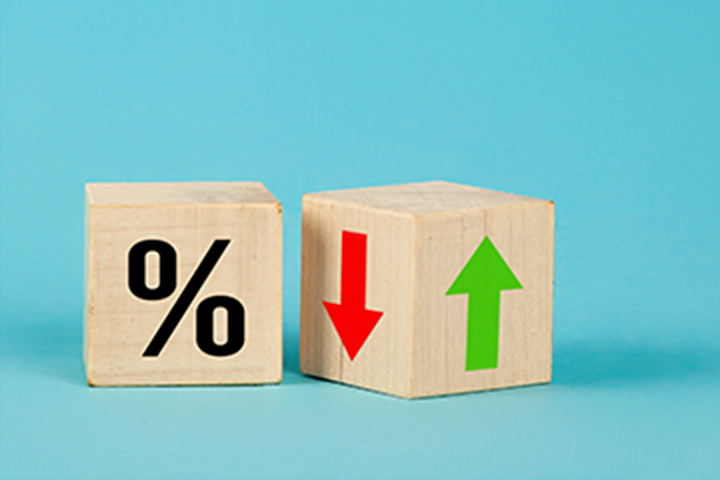
Basic interest rate and loyalty bonus: what does your savings behaviour say about you?
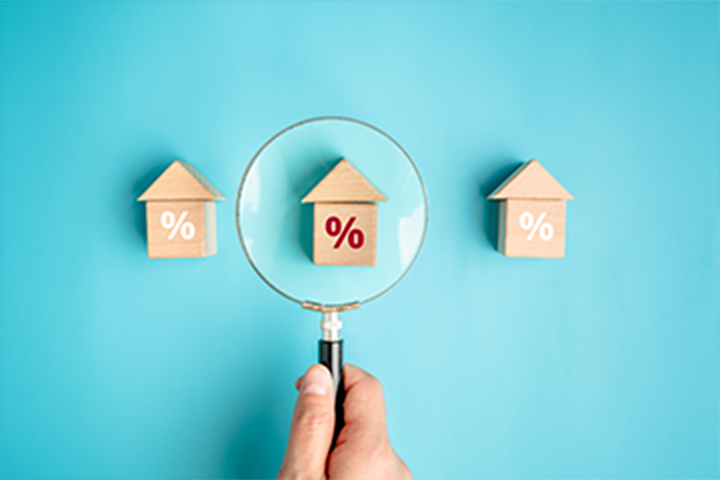
Comparing savings accounts: where do you put your money?

Secure online banking: how can you protect your finances?

Opening an online bank account: what is holding you back?

Watch out, danger's about

Don't forget to create an extra access!

The advantages and disadvantages of contactless payment
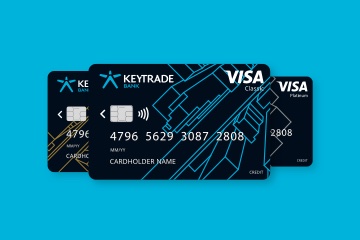
Keytrade Bank has one of the few free credit cards on the Belgian market

How to put phishers out of a job

Investors are not afraid of risks! Or not yet?
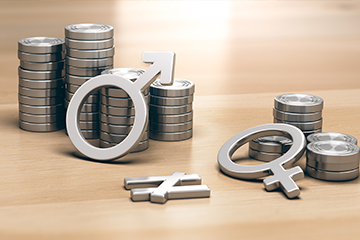
How to navigate a relationship with lopsided incomes?

Avoiding and dealing with conflicts on financial matters: a guide

1 account for the both of you? Or separate accounts? Or a combo?

6 things you need to know about your Keytrade Bank credit card
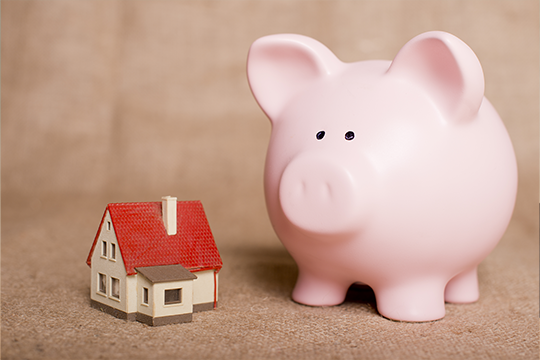
How to buy real estate with your supplementary pension (even though you have not retired yet)

No extra costs ...

10 ways to save money with apps

No group insurance plan? What are the alternatives?

Enjoy your stay at the hotel and pay less

Cohousing rules

How to protect your capital in the event of a divorce
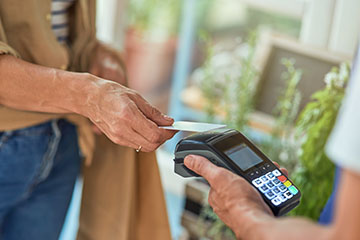
How safe are contactless payments?

Talking to your family about legacy: how to get started

Stock market versus bricks and mortar: 1-0
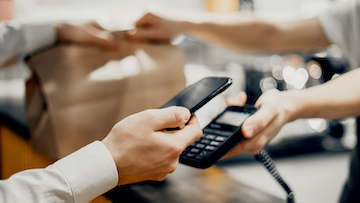
On the way to a society without cash?

Buying a second residence: with savings, investments or a loan?

A must read for when you spotted a second-hand bargain online

The lazy marathon investor

Share everything with peace of mind. Except your bank cards.

Blended family: shared savings account or keep things separate?

First Aid for Your (Financial) Administration

Tips from an expert: how to keep your passwords safe

Saving your payment card details in your browser: yay or nay?

No extra costs. Yet 700,000 euros gladly given to you, our customers!



































































